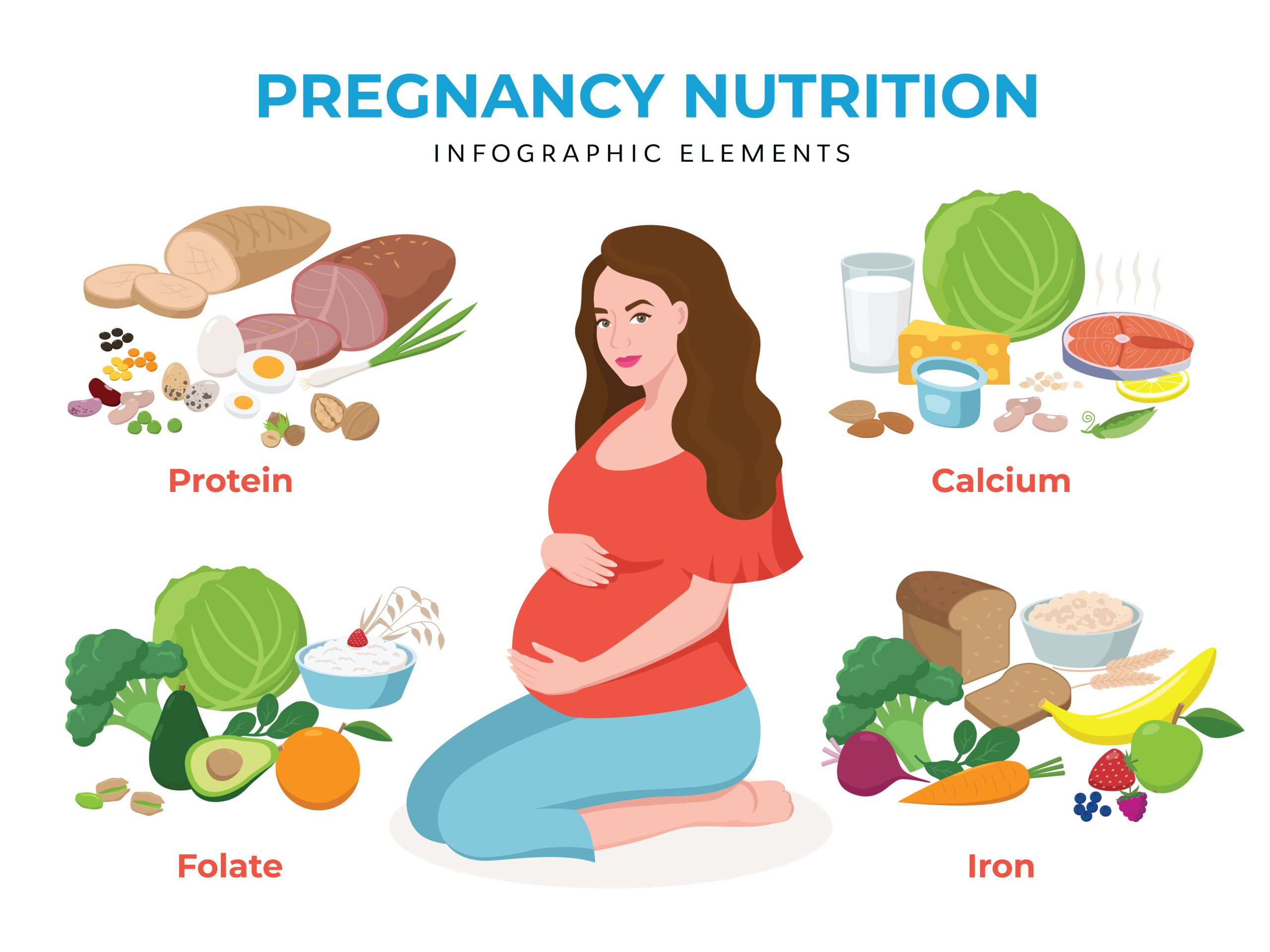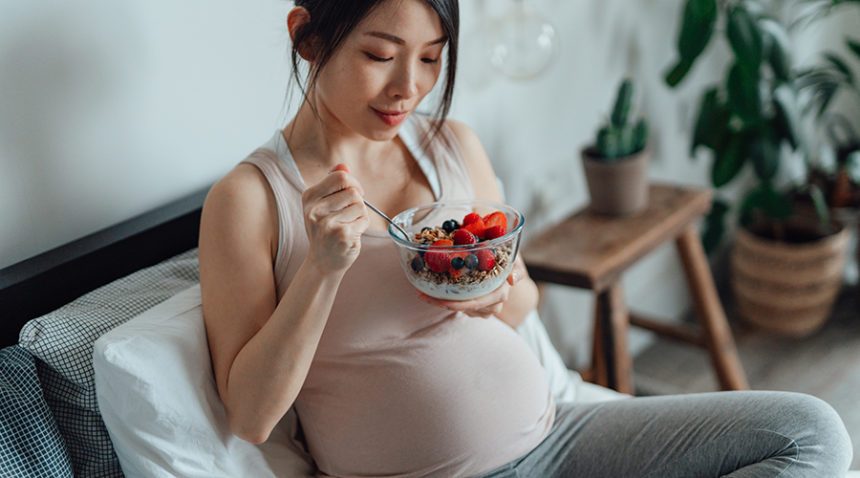-
Mon -Sun: 10.00Am - 2.00Pm
& 05.00Pm - 9.00 Pm
Taking care of you, from the inside out
Taking care of you, from the inside out
Home || Our Services || Nutrition
Consuming a nutritious and well-balanced diet that caters to the specific nutritional requirements of the female body is essential for women’s nutrition. It includes consuming necessary vitamins, minerals, and other nutrients together with other substances that support general health and function.


Choose the best for yourself. Book your appointment today!

A balanced diet provides the body with essential nutrients, vitamins, and minerals necessary for optimal health. It supports growth, energy production, immune function, and overall wellbeing.
Maintaining a healthy weight involves a combination of balanced eating, portion control, and regular physical activity. Focus on a variety of whole foods, limit processed foods, and be mindful of portion sizes
The amount of water needed varies among individuals, but a general guideline is to aim for about eight 8ounce glasses (about 2 liters) per day. Factors like age, activity level, and climate can influence water needs.
While supplements can be beneficial for certain individuals with specific deficiencies, they are not a substitute for a wellrounded diet. It's generally best to obtain nutrients from whole foods, and supplements should be used under the guidance of a healthcare professional.
When dining out, opt for grilled or steamed dishes, choose lean proteins, incorporate a variety of vegetables, and be mindful of portion sizes. Drinking water instead of sugary beverages is another simple way to make healthier choices while eating out.